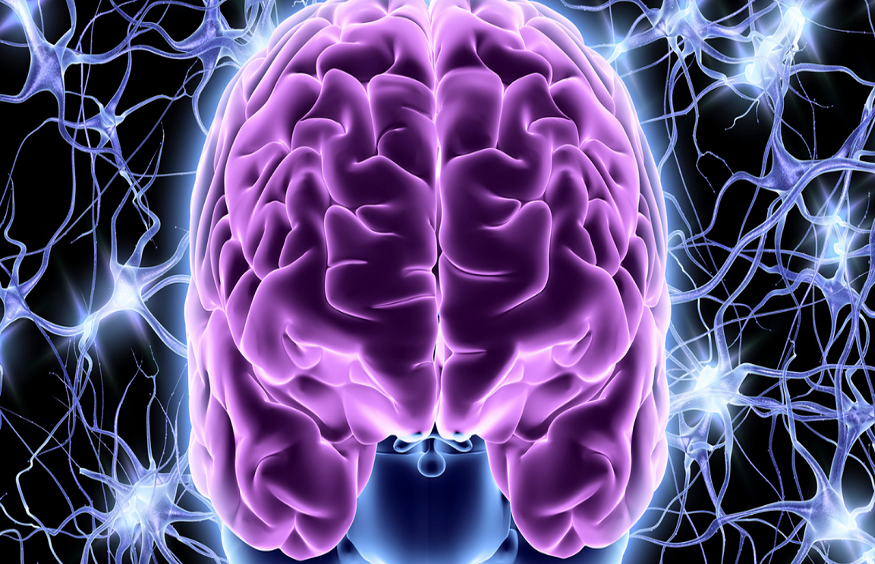Neurologists serve as the brain’s best ally. They are the guardians of our mental health, the sentinels in the fight against neuropsychological conditions. These conditions, like dementia Falls Church, require expert care and management. This blog post will highlight why neurologists are crucial in this constant battle. The focus will be on understanding, managing, and improving living conditions for people with neuropsychological disorders.
What Neurologists Do
Neurologists are brain doctors. They study and treat conditions of the nervous system, especially those affecting the brain and spinal cord. They delve deep into the mysteries of the mind. They strive to understand how it works and to help those whose minds are working against them.
The Role of Neurologists in Neuropsychological Conditions
Think of neurologists as detectives. They look for signs and symptoms within the brain. When things go awry – like with neuropsychological conditions – neurologists are on the case. They use their knowledge and tools to uncover what’s wrong and how to fix it.
Neuropsychological Conditions Neurologists Handle
From ALS to dementia, neurologists deal with a wide array of disorders. Here’s a brief overview of some conditions they manage:
| Condition | Symptoms | Treatment |
| Amyotrophic Lateral Sclerosis (ALS) | Weakness in hands, arms, legs, trouble speaking | Medication, physical therapy |
| Epilepsy | Seizures, blackouts | Medication, surgery in some cases |
| Dementia | Memory loss, confusion, difficulty with coordination | Medication, lifestyle changes |
Why Neurologists Matter
Neurologists matter because the brain matters. It’s the control center of the body. It affects every single thing we do. Hence, when something is off with our brain, it can impact our entire lives. Neurologists step in to restore order, to bring the brain back to health, and to improve the quality of life for their patients.
Wrapping Up
The work of a neurologist is vital to those living with neuropsychological conditions. They offer hope and help where it is needed most. They are the keepers of the brain, making strides in the field of medicine and pushing the boundaries of what is possible in mental health care.



